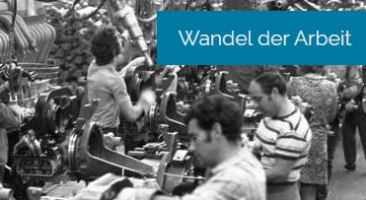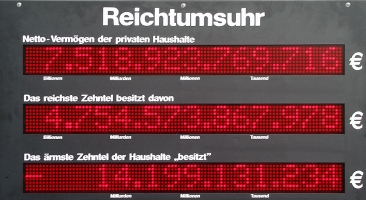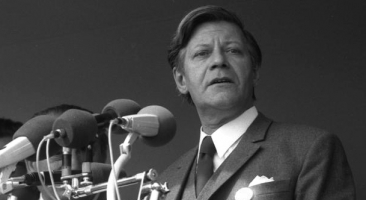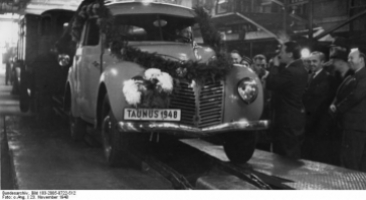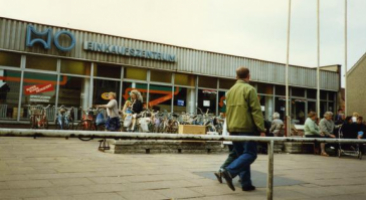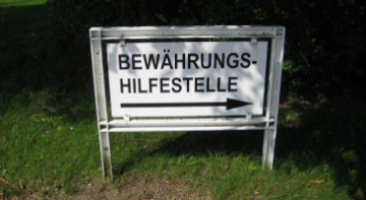Work, Welfare State, Inequality
The research area Work, Welfare State, Inequality focuses on the public regulation of market-induced and life situation-related inequalities and the associated conflicts. Our research programme understands social security as a core element of political culture and investigates welfare state regimes as central social norming and relational mechanisms of modern societies and arenas of social opportunity distribution. It thus profiles security and inequality as leading categories of contemporary historical social analysis.
Research on the transformation of work plays a central role here. Industrial production regimes are analyzed from a cross-system perspective as models of social order and the consequences of processes of change in the world of work on social inequality are examined.


